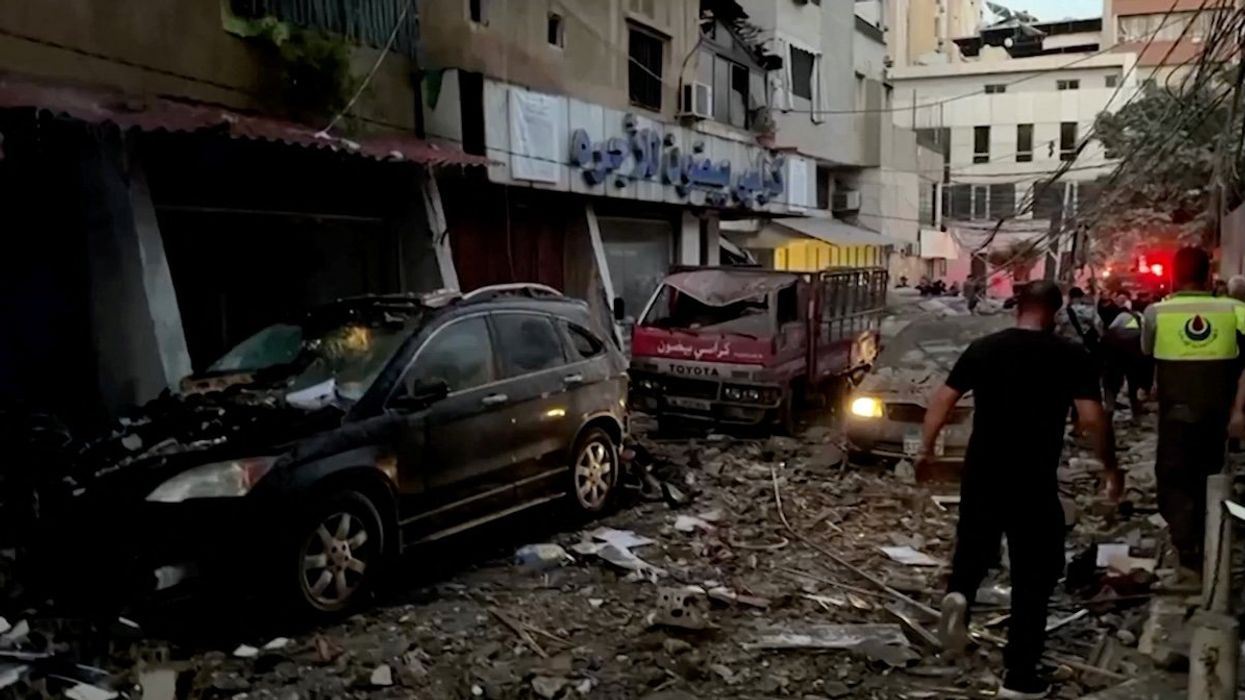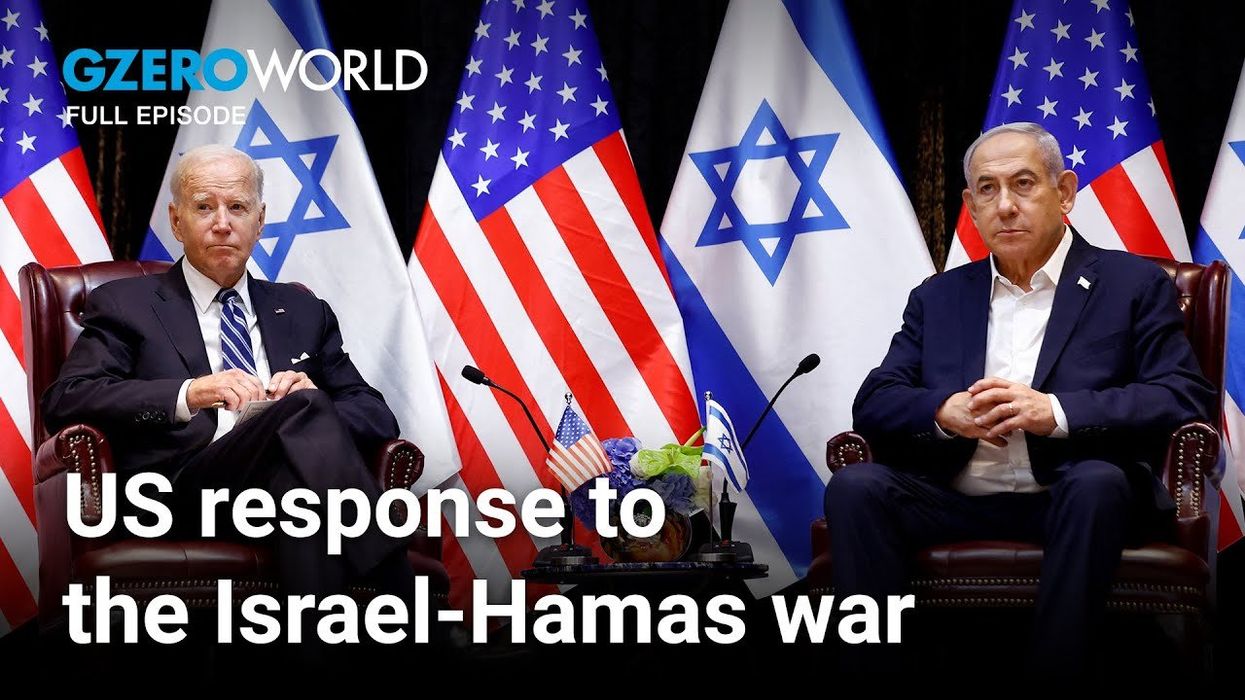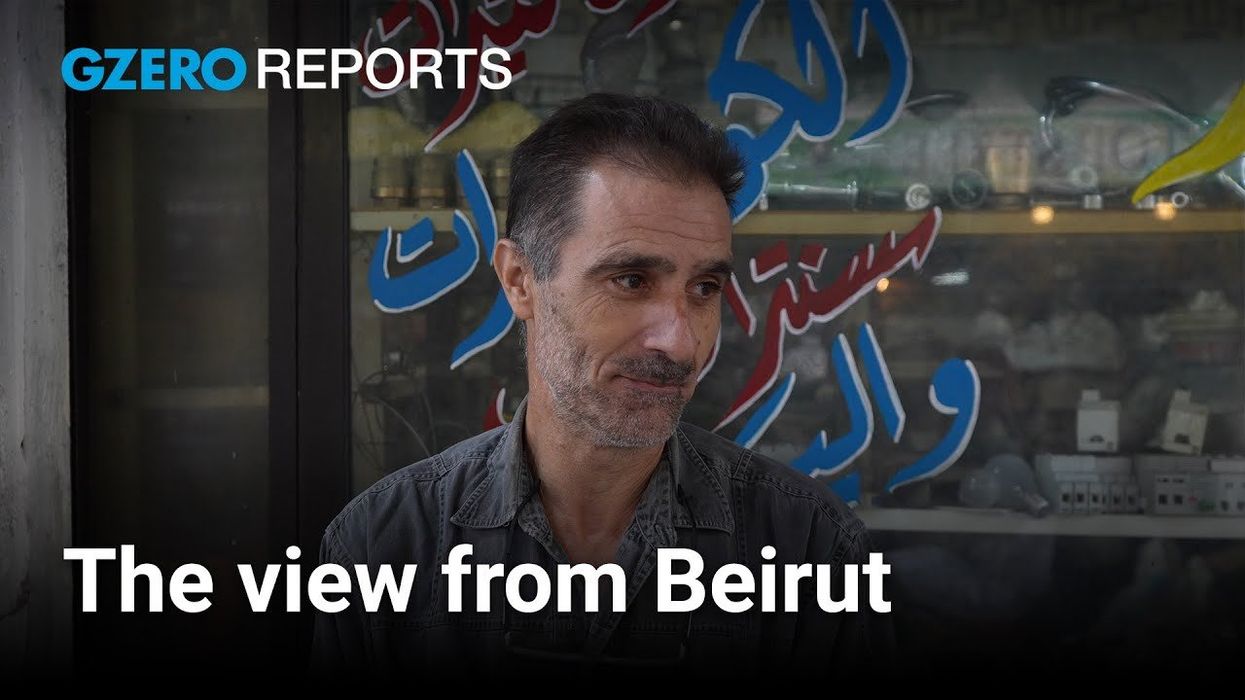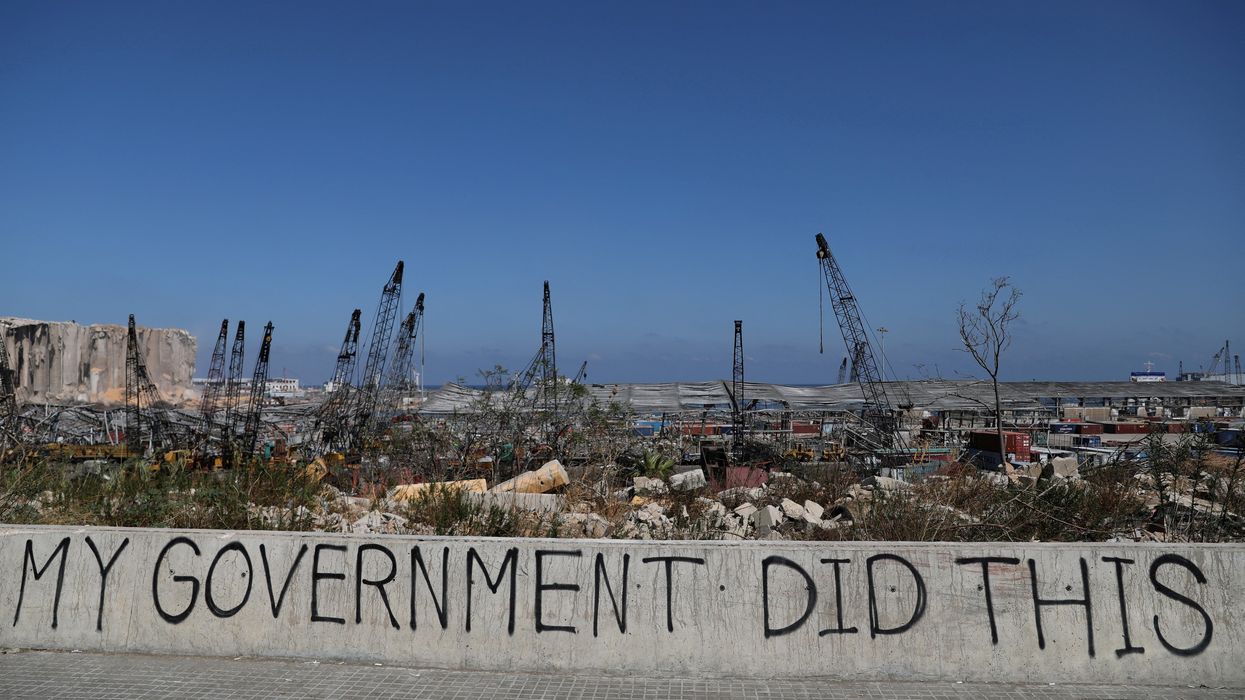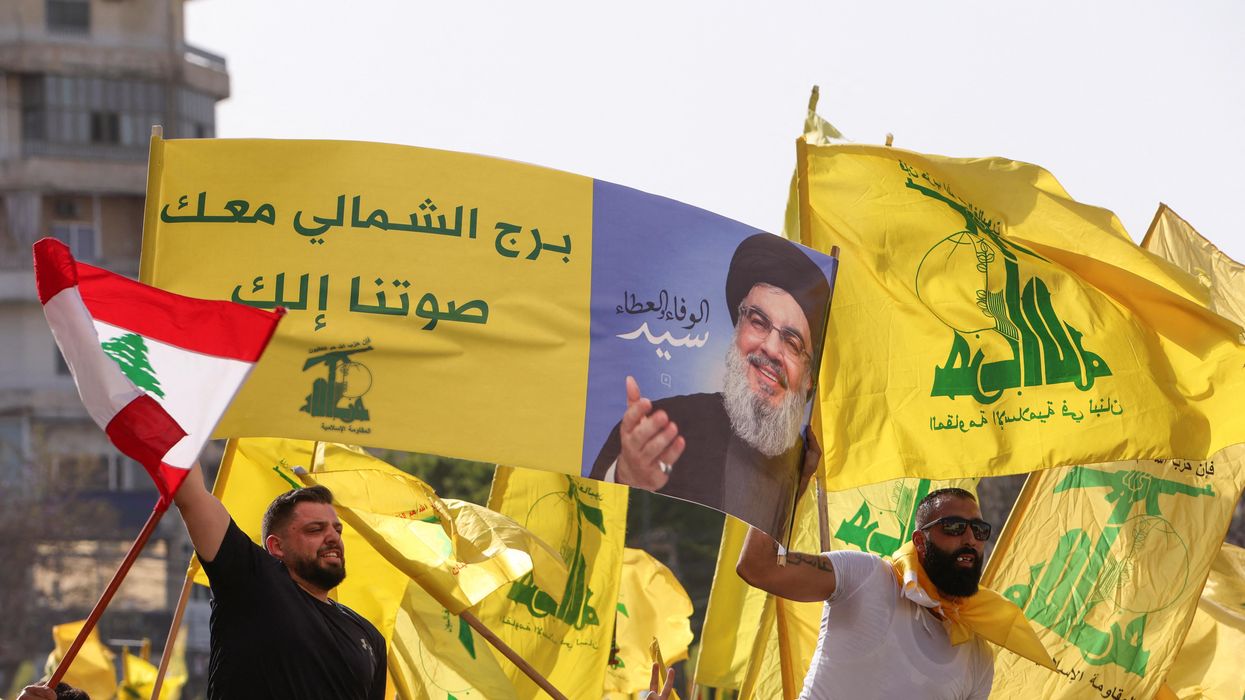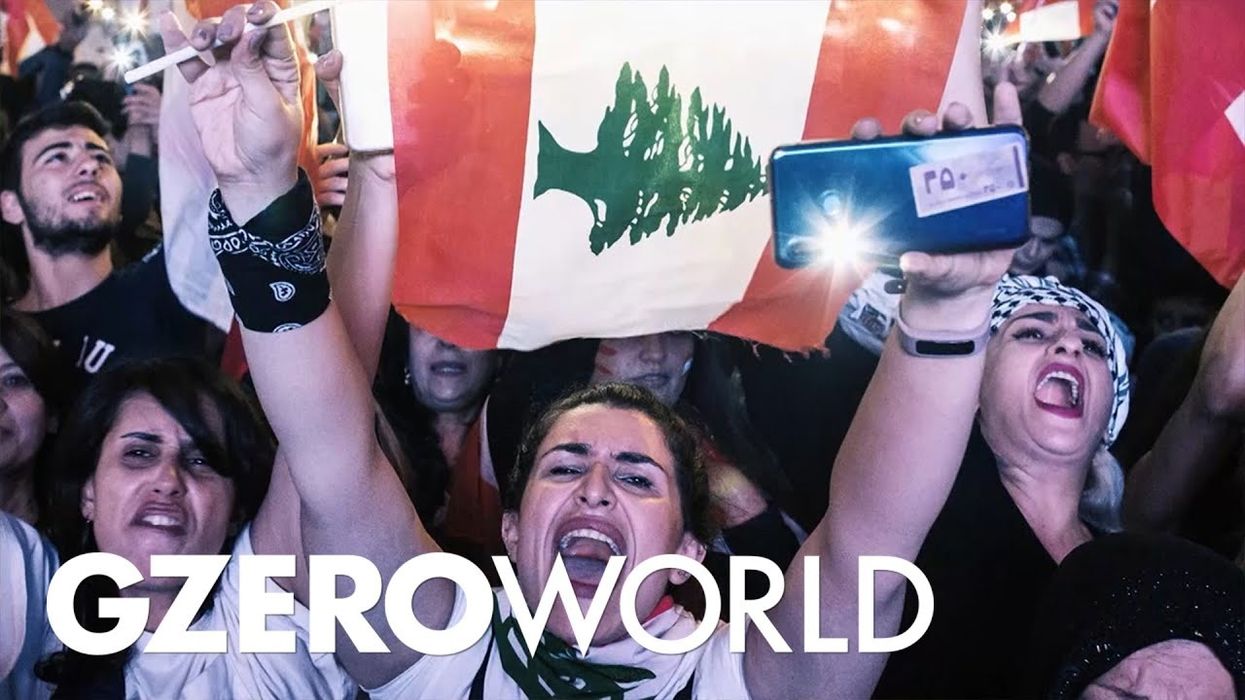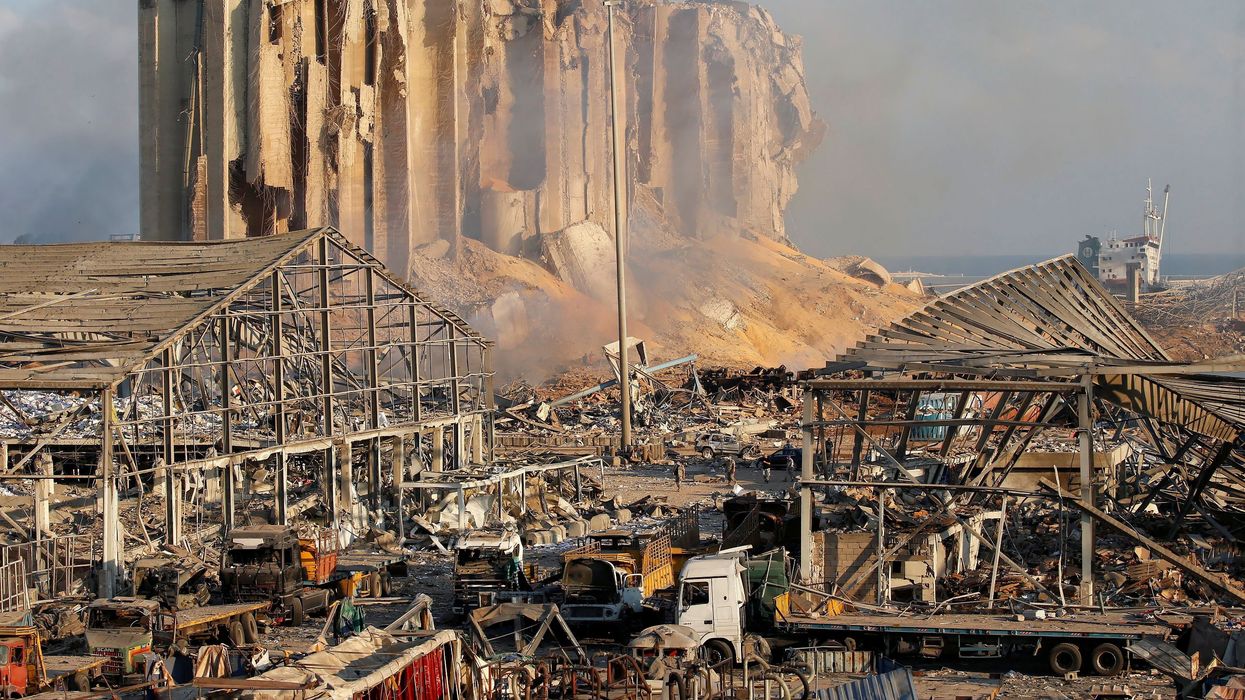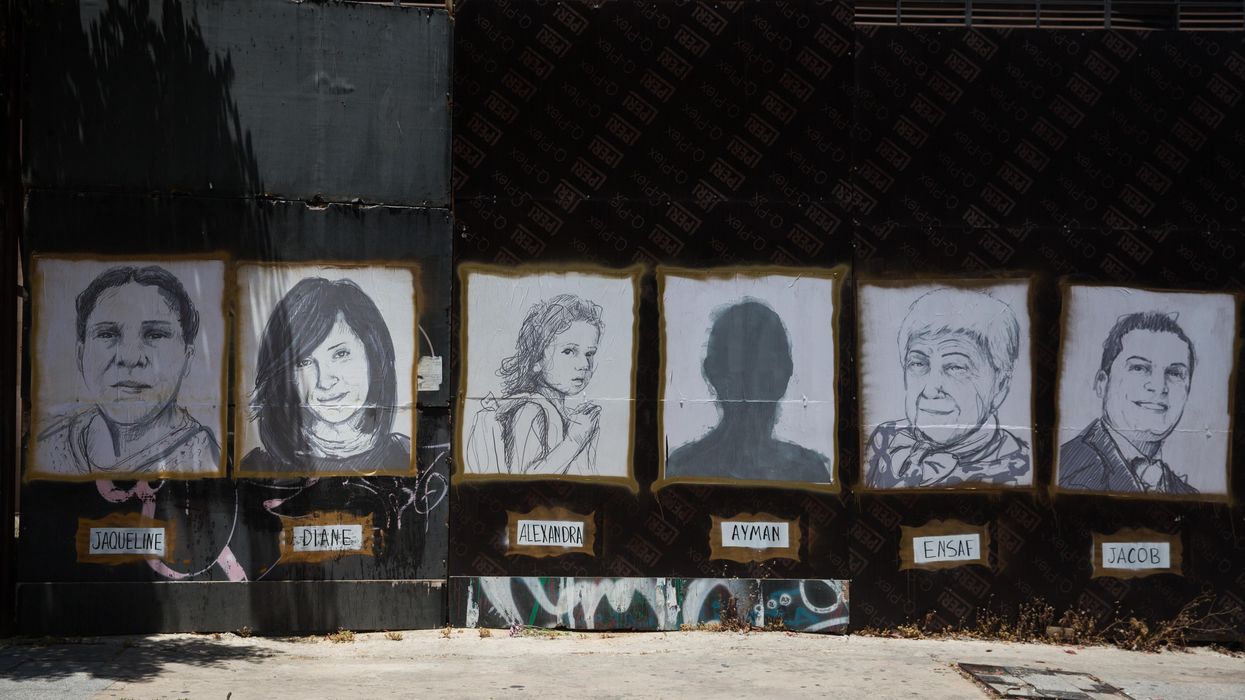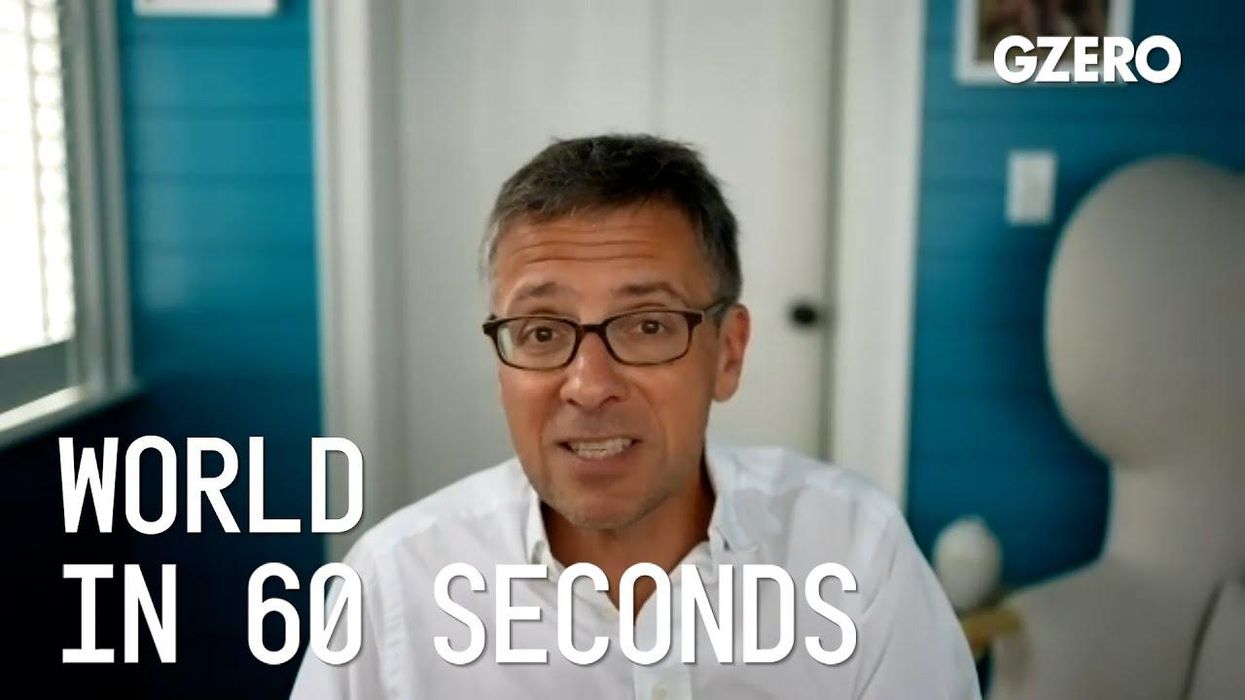What We're Watching
Top Hamas leader killed in Tehran
Israel’s military on Tuesday conducted a strike in Beirut targeting a Hezbollah commander it alleges was behind a rocket attack on Saturday in the Israeli-occupied Golan Heights that killed 12 children. On Wednesday, Iran blamed Israel for a strike that killed a top Hamas leader in Tehran
Jul 30, 2024
